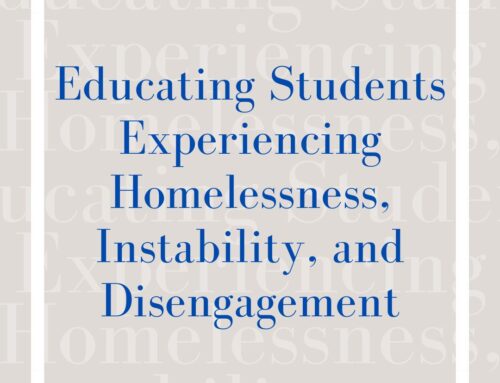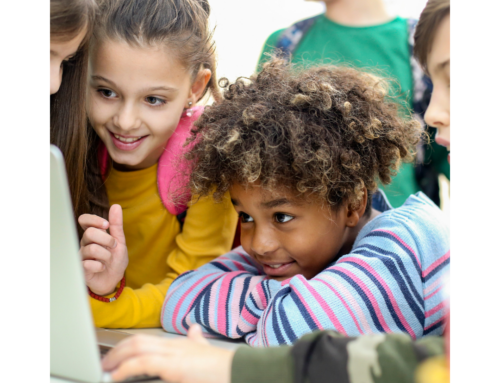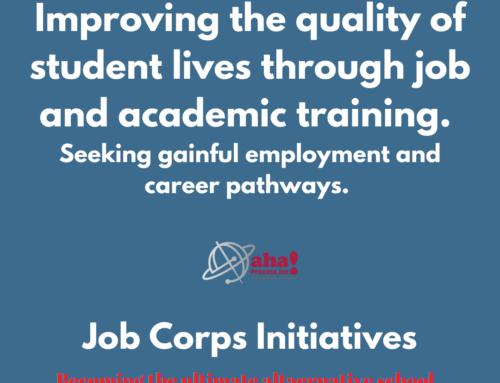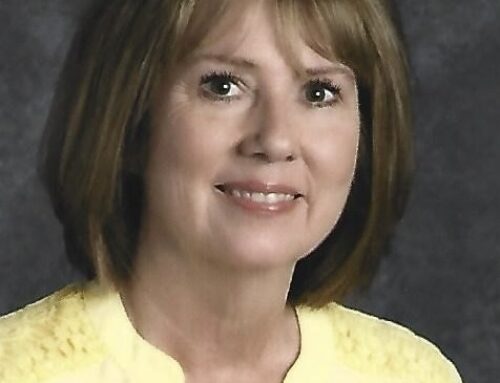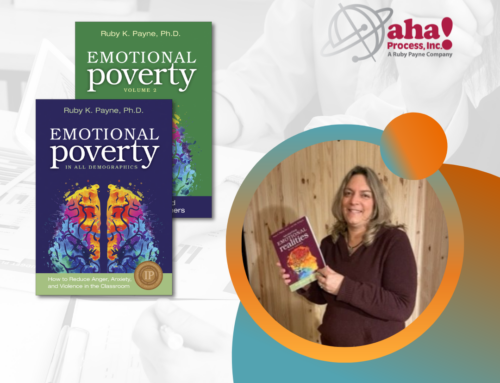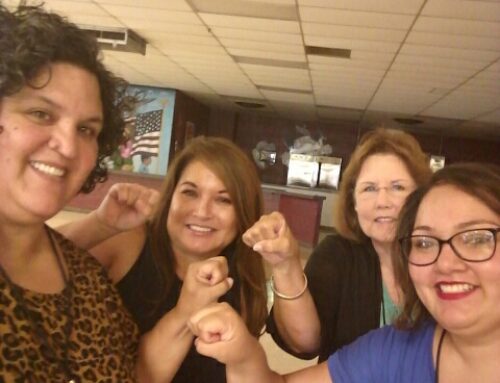No significant learning occurs without a significant relationship—James Comer
INGREDIENT #3 – Relationships
This quote is emphasized throughout Dr. Ruby Payne’s A Framework for Understanding Poverty. Consultants that work for Dr. Payne include this quote as part of their presentation and tell experience stories about mutual respect. As a teacher, I have also had the opportunity to participate in many professional development sessions where this quote was strongly emphasized. Throughout my teaching career, I have found the students who liked me and who I had a relationship of mutual respect with have worked the hardest for me.
I am reminded of a class in my doctoral program entitled Instructional Environments. On the very first day of class, the instructor asked each member of our cohort to write down the name of our favorite teacher and state the reason why that teacher was our favorite. It was very interesting to hear that ALL 46 MEMBERS liked their favorite teacher not because of what they taught, BUT HOW THEY INTERACTED WITH THEM—every cohort member!!!
In the recently published book From Action to Vision, I recounted the story of taking a group of middle school students to an old, small, bijou theatre to view the black and white version of To Kill a Mockingbird as a follow-up to a study of the novel. At the time, I did not think it was a big deal field trip—just seeing the film and lunch at McDonald’s. However, when we returned a group of 7th and 8th grade students asked for permission from their regular program teachers to make me a thank you poster. They were given supplies from a staff member to decorate the poster as they did not have these resources, and they also were able to get a staff member to unlock my door to lay the poster on a table for me to see when I returned the next day. This touched my soul very deeply. I kept the poster.
A relationship of mutual respect with a student, in my opinion, is a significant part of the recipe just as yeast is to bread or sugar is to lemonade. Works such as A Framework for Understanding Poverty, Rita’s Stories, Hear Our Cry: Boys in Crisis, and Removing the Mask: How to Identify and Develop Giftedness in Students from Poverty provide insight on developing relationships of mutual respect.
RECIPE TO BE CONTINUED…Next: Ingredient #4 – Learning Styles, Intelligences, and Perceptions of Learning/Interests
Teresa A. Johnson, Ed.D., is an itinerant teacher of the gifted in the Jackson-Madison County School District in Jackson, Tennessee. Dr. Johnson has been an educator since 1984, with the last 13 years experience being in gifted education, and has been a district trainer for aha! Process for 12 years. Dr. Johnson’s doctoral research interests include a curriculum model for high-ability and gifted middle school learners that combined innovative curriculum ideas and alternative instructional strategies, 21st Century learning strategies, and the work of Dr. Ruby K. Payne and Paul D. Slocumb.
Payne, R. K. (2005). A framework for understanding poverty. Highlands, TX: aha! Process.
Johnson, T. A. et al (2012). From action to vision: Best practices to reduce the impact of poverty in communities, education, healthcare, and more. Highlands, TX: aha! Process.
Pierson, R. Rita’s stories (DVD). Highlands, TX: aha! Process.
Slocumb, P. D. (2005). Hear our cry: Boys in crisis. Highlands, TX: aha! Process
Slocumb, P. D., & Payne, R. K. (2010). Removing the mask: How to identify
and develop giftedness in students from poverty (Second ed.). Highlands, TX:
aha! Process.


